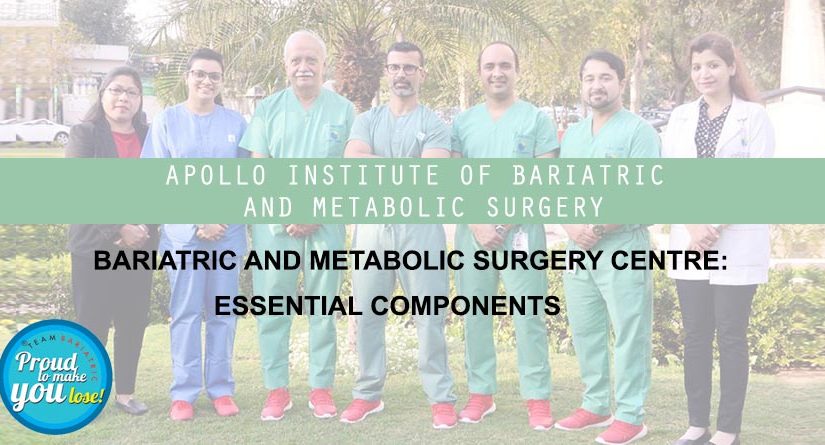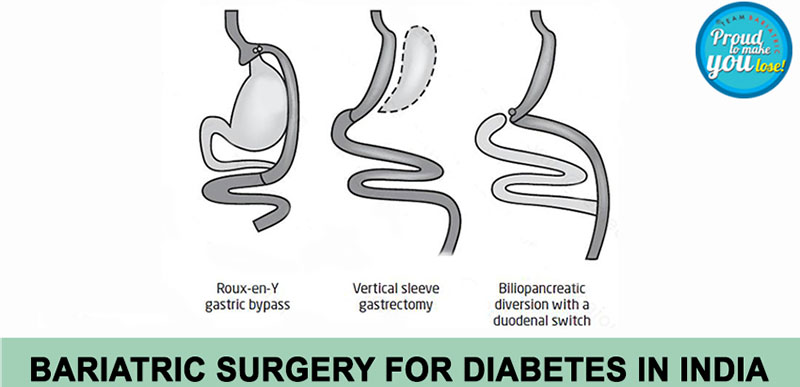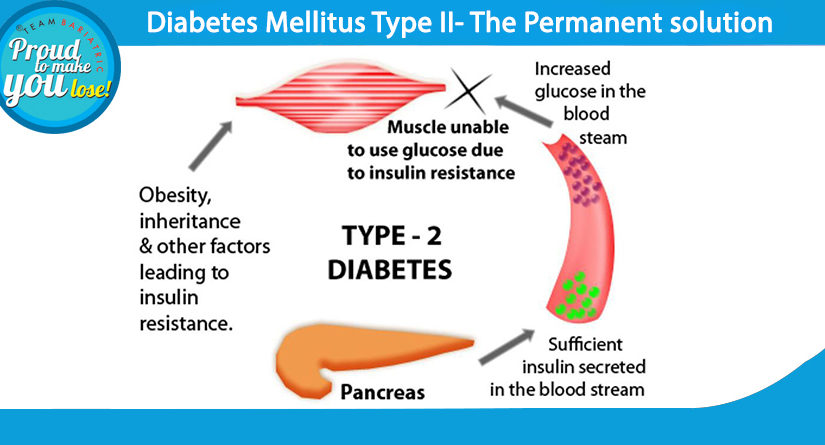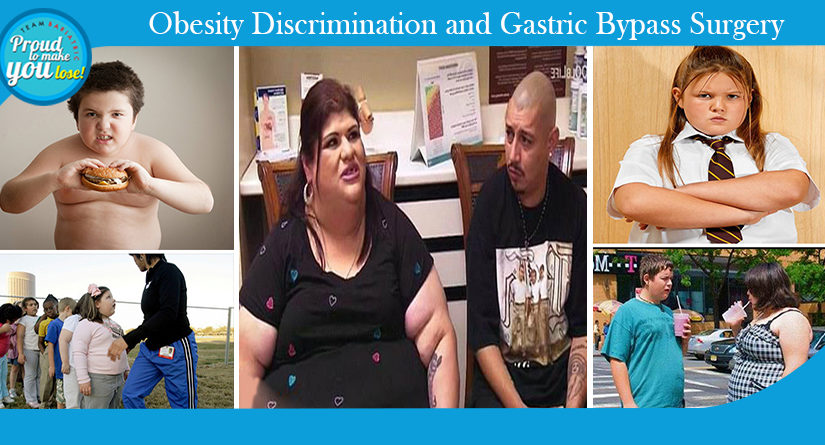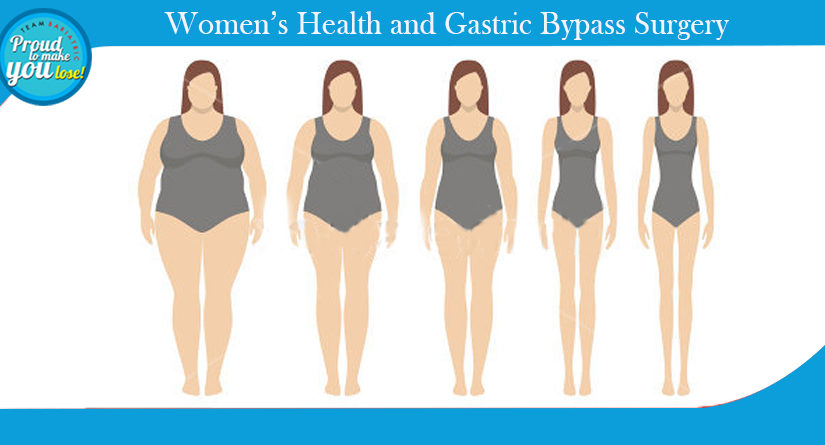Why India is Emerging as a Top Destination for Weight Loss Surgery
Rising Obesity Rates in India
With the persisting need to address the problem of malnutrition, India has developed another nutritional problem, obesity. According to the National Family Health Survey 4, the number of obese people in the country has doubled in the last decade.
Obesity and Type 2 Diabetes
It is a known fact now that obesity is the major reason for developing Type 2 Diabetes. Several studies have revealed that obesity accounts for 80-85% risk of developing type 2 Diabetes. Moreover, most of the world’s population lives in countries where overweight and obesity kill more people than underweight.
Bariatric Surgery as an Effective Solution
Bariatric surgery is now more efficacious than lifestyle changes or medical treatment for sustained weight loss and remission of Type 2 Diabetes.
Cost-Effectiveness of Bariatric Surgery
The cost of weight loss surgery versus the cost of medicines and lifestyle changes has been debated extensively. Similarly, not only savings but also cost-effectiveness of weight loss surgery have also been discussed. Various studies have demonstrated cost-effectiveness and cost savings for bariatric procedures compared with usual medical care or intensive lifestyle interventions. All of these studies have been carried out in setups where weight loss surgery has been expensive as compared to the eastern world.
Delhi: A Hub for Medical Tourism
New Delhi, the capital city of India has now become a popular destination for medical tourism. Millions of foreign tourists visit India annually for their medical needs. There are many world-class and reputed hospitals in Delhi, which provide exemplary services in the field of medical care. The presence of highly qualified and experienced weight loss surgeons along with institutions of international repute have made Delhi a prime city for weight loss surgeries in India.
Reasons to Choose India for Bariatric & Metabolic Surgery
According to Dr. Atul NC Peters, Senior Consultant and Head of Apollo Institute of Bariatric and Metabolic Surgery, Indraprastha Apollo Hospitals, New Delhi, more and more patients are flying from the Western world for bariatric surgery in India. Not only for weight loss surgery, but people have also started travelling for metabolic surgery for Diabetes in India. Reasons for choosing India as a favorite destination for Bariatric & Metabolic Surgery are innumerate, a few of them being:
- Bariatric Surgery cost in India is approx. half to one-third of the cost of the Western world.
- There are no long waiting lists, as patients seeking weight loss surgery in Delhi are given almost immediate treatment.
- International accredited hospitals and surgeons.
- Dedicated bariatric surgical program which includes a team of expert surgeons, nurses, dieticians, and bariatric care specialists.
- Fully equipped operation theaters with trained anesthetist.
- Dedicated intensivist with exposure to more than a thousand operated bariatric surgical patients.
- Safe and effective results.
- Long-term follow-up schedules.
- Options for single incision surgery.
- Options of Robotic Surgery.
Hence India is now a preferred destination for weight loss surgery as well as metabolic surgery.



